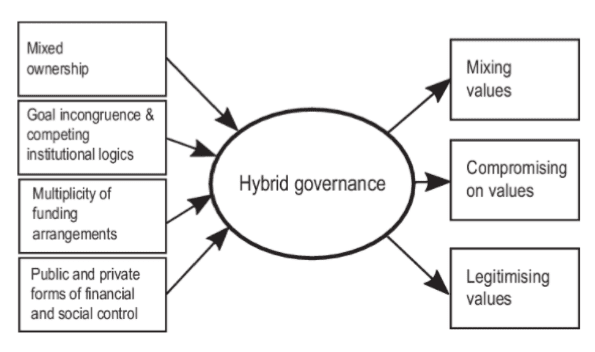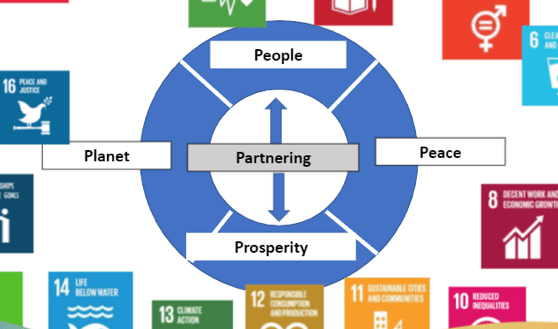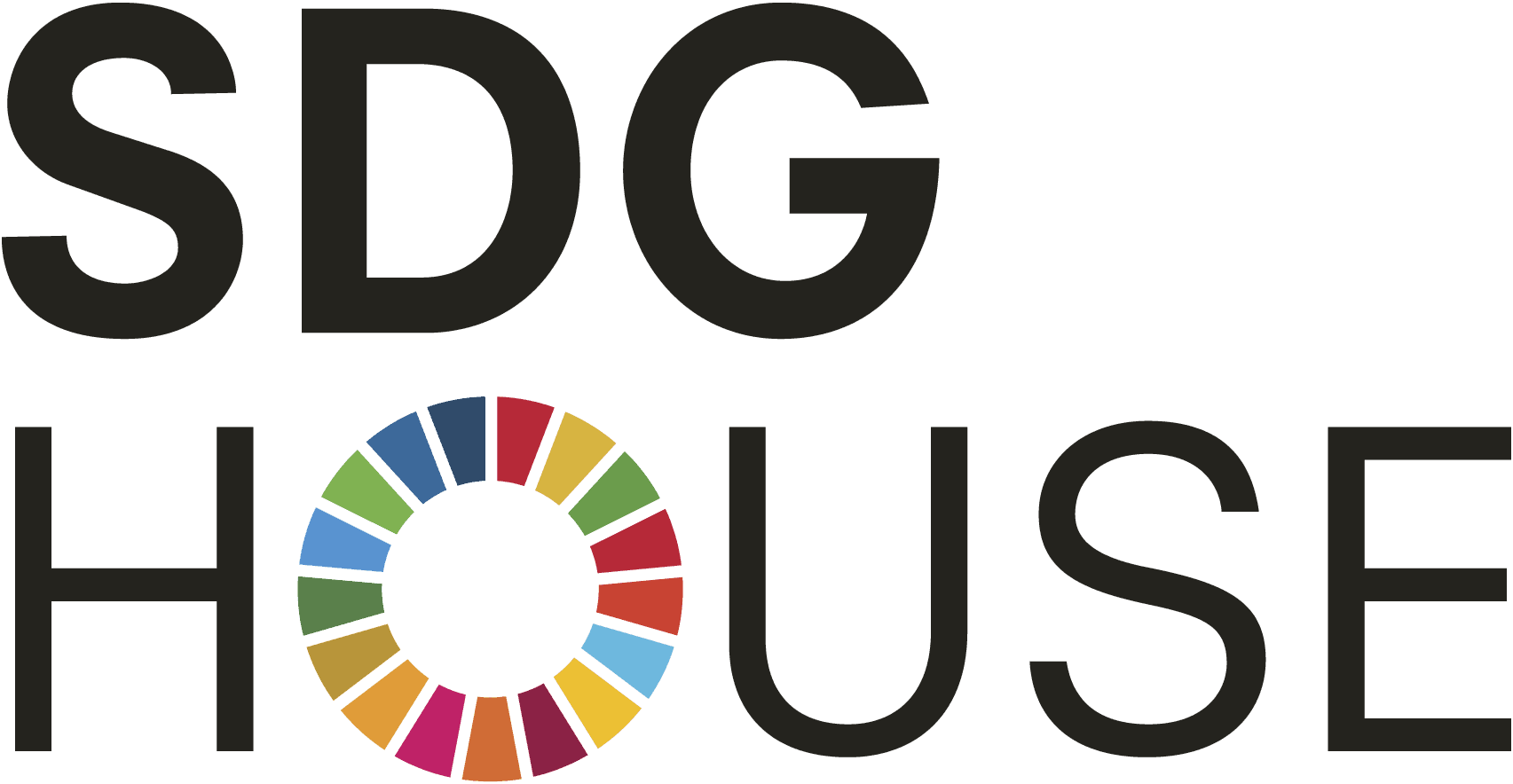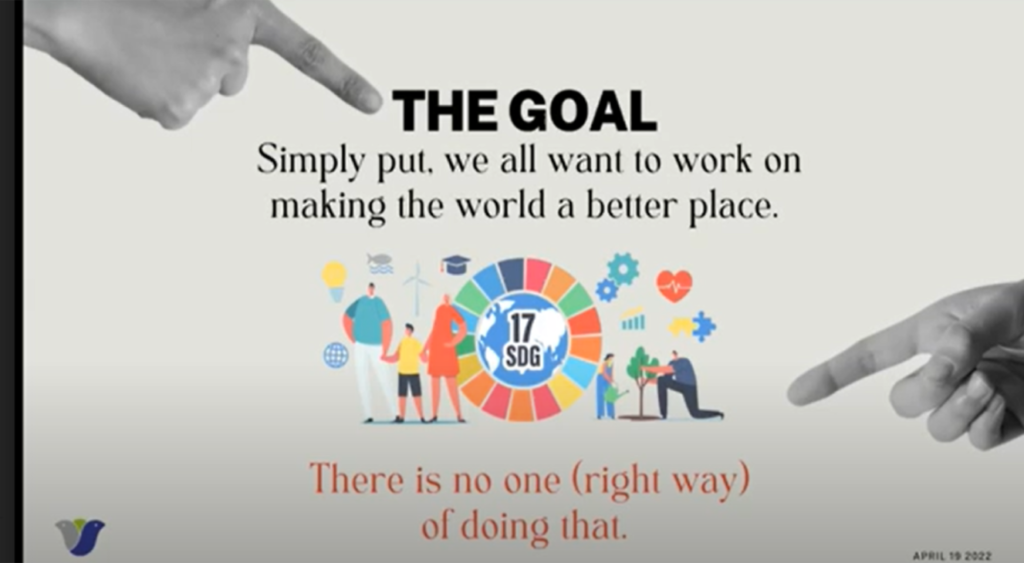SDG Talk 2 door Team Wissema Groep
The second week of the SDG Traineeship has started!
This week is still all about orientation and information on the implementation of the SDGs. Most of the project teams had their first meeting with their client and were able to get a better idea of their project and assignment.
The second edition of the SDG talk was given by professor Rob van Tulder. This week, the talk was mainly focused on the multiple reasons behind the slow progress of the SDG implementation. Rob van Tulder provided us with several reasons for this slow implementation.
First of all, sustainable development is not easy to implement, and negative frames overpower, also referred to as ‘frickle motivation’, and there is no alternative. Furthermore, it costs time to properly implement the SDGs, in particular data gathering and data alignment are time consuming. Lastly, hybrid governance is also contributing to multiple problems of the implementation of the SDGs.

Prof. van Tulder emphasised in particular on the difference between intention and implementation. While many organisations may have the best intentions to improve their business practices by contributing to one or more SDGs, these intentions do not necessarily directly translate into action. In reality, many organisations encounter difficulties in implementing their chosen SDGs. This phenomenon is also referred to as the intention-realisation gap. More importantly, Prof. van Tulder warned us of the possibility of ‘SDG washing’.
Being part of the Wissema group, we are part of the profit sector and its difficulties. The main bottleneck for this sector is the slow development within enterprises. While there is no lack of intention there is a lack of management models and business cases. This creates a risk of SDG washing. Small companies depend on branches and local authorities. Bigger companies, on the other hand, have to take the lead and actually fill in the intention.
With these difficulties in mind, the Better Business Scan was introduced. This is a scan which companies can use in order to determine what the company’s intentions and actions are regarding the SDGs. The company in question will receive feedback based on the given information. With this feedback, the company can gain more insight into their own business practices in terms of sustainability, as well as possible gaps that occur. Along with the feedback, the company can set up a new plan for action to improve its SDG practices.
Are you interested in The Better Business Scan for your organization? The scan can be done here!
The talk was concluded by emphasizing the importance of the 5 P’s: People Planet, Prosperity, Peace and Partnering. Partnering is particularly important as a connecting factor between the differents aspects and is therefore seens as very important as it forms a nexus between the different SDGs.



